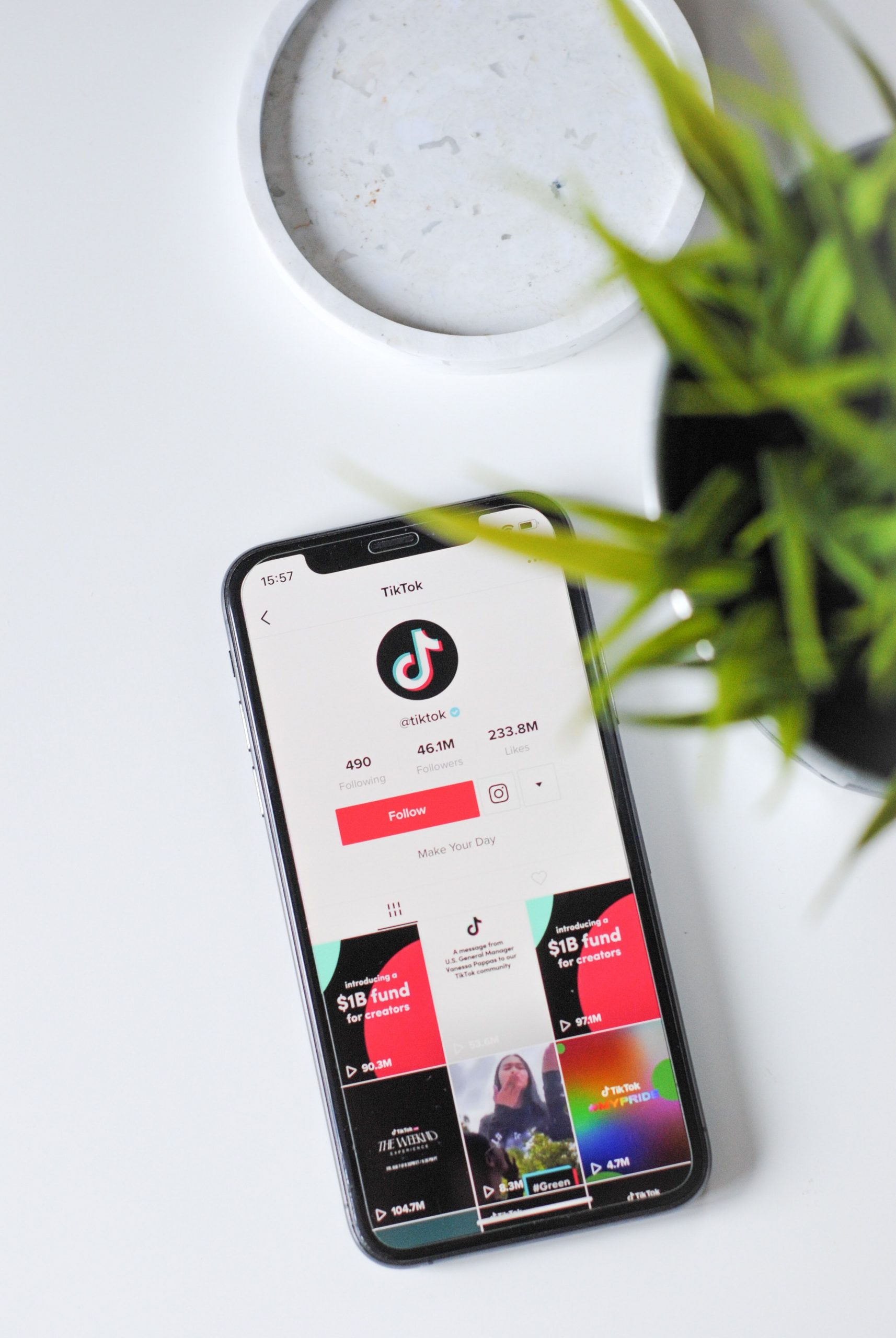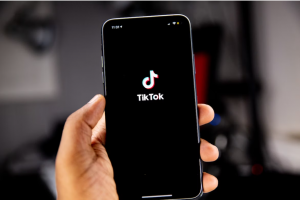TikTok may well be the first company forced to adhere to the European Union’s new regulations around targeting advertising, after the Chinese company suspended changes to its privacy policy on targeted advertising so EU regulators could check if they break data protection rules.
The issue was first flagged by Italian regulators, who found that the social media app was going to make use of targeted advertising on the platform without taking consent to use the data stored on a consumer’s device.
Also Read: What are the Digital Market and Digital Services Acts?
Italian regulators passed on the information to the Data Protection Commission (DPC), Ireland’s regulator who have become notorious for going after big tech companies to ensure they meet the standards set by the EU.
According to a statement released by the DPC, TikTok paused the implementation of the planned changes so that the DPC could look for issues. The privacy changes have also been forwarded to other data regulators in the EU.
Also Read: European Union makes historic tech ruling, enforcement worries remain
While TikTok has agreed to pause the changes for now, the company says that targeted advertising is “in line with industry practices” and that it provides the “best in-app experience for our community.” The company reiterated that it would engage with stakeholders and address the concerns brought up by regulators.
TikTok, which is owned by the Chinese tech company Bytedance, has seen rapid growth in the last few years as users, particularly those from younger generations, have taken to the app. Various internet personalities have moved to the platform which has also given birth to a brand new set of internet-famous individuals. However, the company has courted controversy in the past, especially in India where it was removed by the government for allegedly “spying” on its users.
With the new Data Services Act, companies that are found to be in breach of the rules can be fined up to 6% of their global turnover. Currently, they can be fined up to 4% of the same. Currently, the DPC has two other open inquiries into TikTok from last year related to the transfer and processing of children’s personal information to China.







